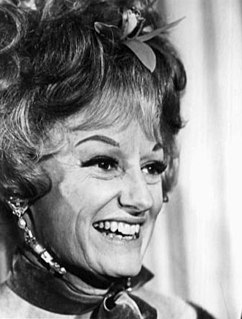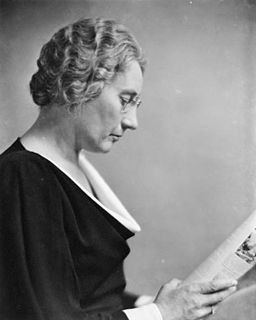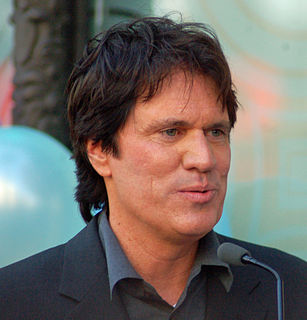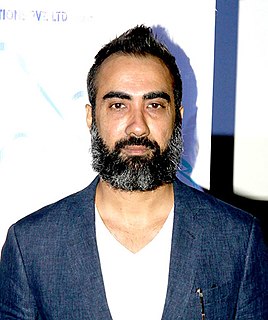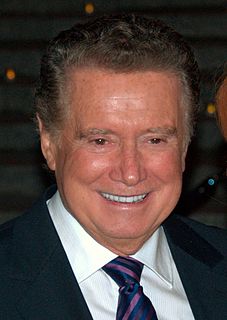A Quote by Neil deGrasse Tyson
In the first year of a child's life we teach them to walk and talk. And then for the rest of their lives we want them to sit down and be quiet.
Related Quotes
When I auditioned actors I never make them act. I choose a long symphony, then I tell them to sit down and I play the symphony for them. Then I sit and I look at them. I always pick a piece of music that has up and downs, very dramatic parts, very quiet parts and really sensitive parts so that it can produce different emotions.
Obviously, you want to teach your child between right and wrong, respect and being kind to others, whether it's their sisters or parents. You try to teach them by example, talk to them and explain certain situations. But there's also a time to put them in time out or let them know they've made a mistake and try to learn from it.
If a child plays sport early in childhood, and doesn't give it up, he will play sport for the rest of his life. And if children have a connection with, and are involved in the preparation of, the food they eat, then it will be normal for them to cook these kind of meals, and they will go on cooking them for the rest of their lives.
You shall love the Lord your God with all your heart and with all your soul and with all your might. And these words that I command you today shall be on your heart. You shall teach them diligently to your children, and shall talk of them when you sit in your house, and when you walk by the way, and when you lie down, and when you rise.
With film, I always sit with people first and talk a while, and then we read or sing or whatever. I never sit behind a table. I get up; I work with them. I do everything I possibly can to not audition them. I can find out the best of them from them feeling comfortable and appreciated. I'd never let someone leave feeling not valued.
I would do the morning show and then just walk over to the network side of the building here at ABC in New York and sit down and start it up again and introduce the 10 contestants, and then introduce the 10 - the fastest finger question, and pick one of them, put them in the seat before you finally got to asking them the questions.
When you raise a child, you don't sit down and take all the rules of life, write them into a big catalog, and start reading the child all these individual rules from A to Z. When we raise a child, a lot of what we do is let the child experiment and guide the experimentation. The child basically has to process his own data and learn from experience.

